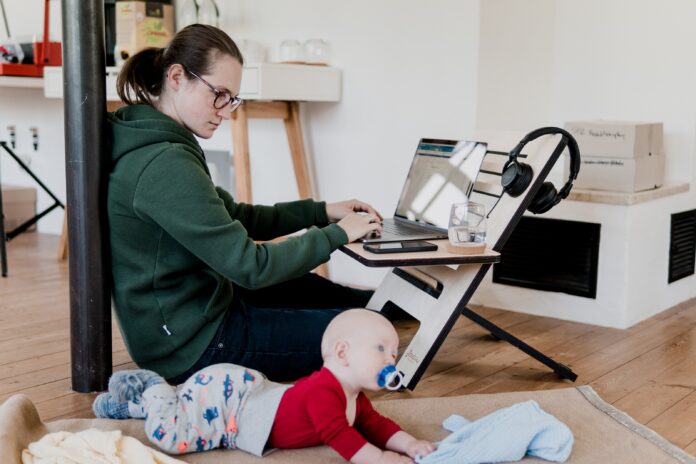Covid-19 is the topic on everyone’s mind and has been since February of 2020. The pandemic created by this virus has been a once in a lifetime experience for millions of people. The daily coverage of infection rates, hospitalizations, and deaths has been paralyzing. We have experienced stay-at-home orders, mask mandates, and our favorite local businesses closing (some forever).
Although this novel virus has brought about some very negative outcomes, the same virus has also provided opportunities for us to learn how to do things differently, perhaps even better.
For many organizations, the adoption of virtual work has been necessary to stay productive and sustainable. Tech giants Facebook and Twitter recently announced that some employees will have the option of working remotely indefinitely. Imagine how beneficial that will be for the work/life balance many American workers have long struggled to achieve? Further, as organizations move towards greater acceptance of remote workers post-pandemic, the likelihood that the availability of jobs would increase is high.
Consider the impact of a skilled professional in a rural part of the U.S., such as Southern Maryland, having access to jobs that, until now, were only staffed with people in a highly populated metropolis, merely due to proximity? The possibilities are truly endless for millions of workers.
Consider the impact of a skilled professional in a rural part of the U.S., such as Southern Maryland, having access to jobs that, until now, were only staffed with people in a highly populated metropolis, merely due to proximity? The possibilities are truly endless for millions of workers. Relatedly, the Guardian Life Workplace 2020 Report indicated that while 70 percent of disabled workers wanted to work remotely, only 18 percent had that option prior to the pandemic. If more companies adopt the philosophy of permanent remote work, the opportunities to broaden the diversity of talent to include disabled workers could exponentially increase.
Other areas that have realized some positive outcomes are automating organizational processes and a strong emphasis on the mental health of employees. Many companies have been forced to experiment with shifting routine processes and realizing surprisingly positive outcomes. For example, a recent article in Forbes magazine noted that moving on-boarding programs to 100% virtual could increase employee satisfaction over the long-term.
Health care benefits overall have also been elevated to the forefront as organizations increase employee mental health programs such as counseling and well-being activities. A recent article by Guardian Life Insurance also suggests that because much of the workforce is facing elevated stress levels due to Covid-19, employees’ mental health will likely continue to be a priority post pandemic. This provides great hope for the future regarding attention on mental health, which has been severely ignored by society for decades.
In adopting a new way of working, organizations have made some changes that will likely last long after the pandemic has passed – which is good news! This experience will serve as a testament that humans can grow, even during tragedy.
Synergy Consults is focused on the connection between a company’s purpose, structure, and people. Visit synergyconsults.com to learn more.











